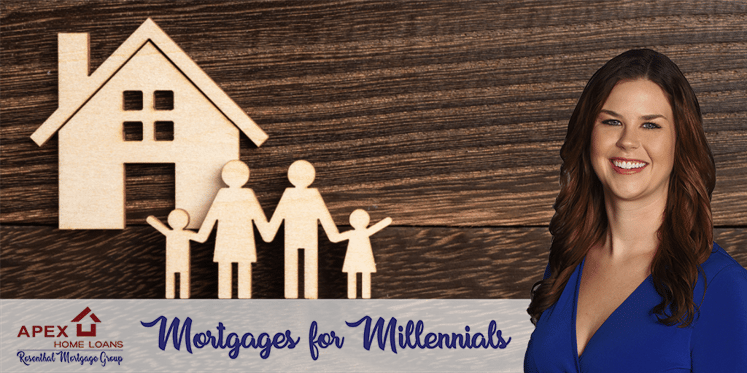Posted by Kait Spurrier ● March 9, 2021
“I want a property with a 2nd unit I can rent out” – Home Searcher

We get this request A LOT. Customers want to live in one unit and rent out the second unit. This strategy covers part (if not all) of your mortgage payment. The long-term plan is to purchase another home in the future to move into, renting out both units instead of one, and ultimately covering your mortgage payment and potentially making a profit.
Can you potentially do this? YES.
However, there are a few things that can get messy with this plan...
1. Down payment. A conventional loan on a 2-unit primary residence will likely require a 15% down payment at a minimum. FHA will allow you to purchase a 2-unit with 3.5% down, but over time it can be a much more costly loan (not a good thing for a developing real estate investor!)
2. Refinancing the property in the future can be tough. If you end up moving out of the property, and renting out both units, it is now considered an investment property. This means, you will need to have at least 25% equity for a conventional loan in order to refinance to get a better rate or to potentially drop your mortgage insurance. If you want to take cash out of the property, you can only go as high as 70% of the appraised value in most cases. This is why if you purchased this home using an FHA loan for the lower down payment, it could take a while for you to build enough equity in the property to be able to refinance out of that loan. If you have an FHA loan on this property, it will be extremely difficult to get another FHA loan on a future property (not impossible, but there's very few circumstances that will allow for it).
3. How the property is zoned. If this is truly a 2-unit property, it needs to be legally zoned that way. There are several properties out there that are not true 2-unit properties. If it's really more of an "in-law suite", it may not legally be a 2-unit. If there are 2 electric meters and it's not zoned as a 2-unit, most likely you won't be able to get a residential mortgage.
4. Finding comparable homes in the area. Is this multi-unit normal for the area? If this is a really unusual property for the area, it may be very difficult to appraise correctly. If it's an issue when you buy, it could also be an issue when you sell.
5. Current renters living in the property you want to buy. If there are current renters in the property, at least one of the units will need to be vacant. If we see evidence of a renter, we may ask for paperwork showing at least one of the units is no longer occupied. If all of the units have renters, you cannot take occupancy. If you cannot take occupancy, this becomes an investment property, not a primary residence. This may change the terms of your loan and possibly require a larger down payment.
For the right person and the right property, this can make total sense. Just be sure to be careful and be diligent! I am here to help and happy to answer any questions you may have!
 Kait Spurrier
Kait Spurrier
Sr. Mortgage Banker
NMLS# 1277963
O: (410) 794-4127
kspurrier@apexhomeloans.com
apexhomeloans.com/kait-spurrier
Topics: Mortgages for Millennials






